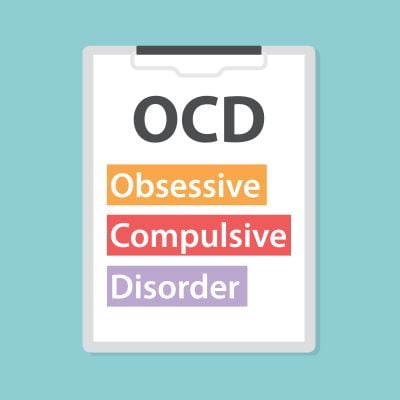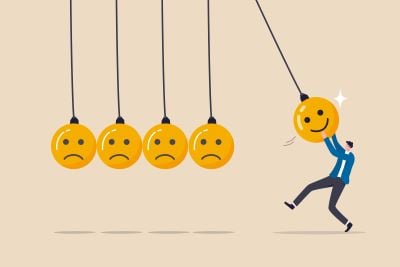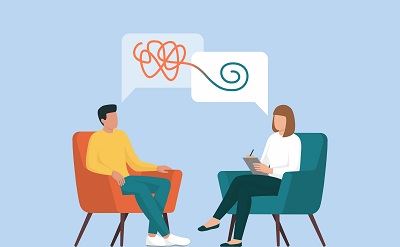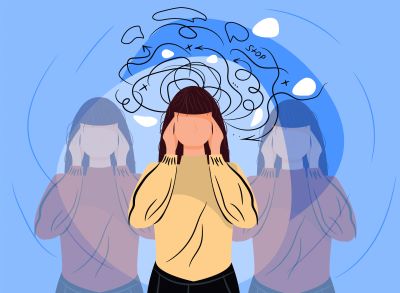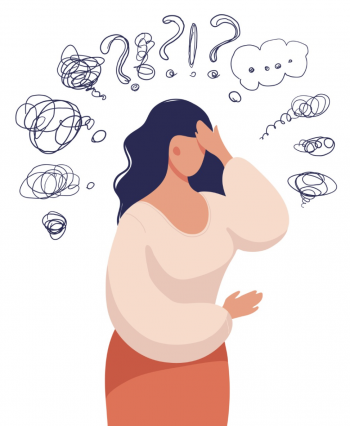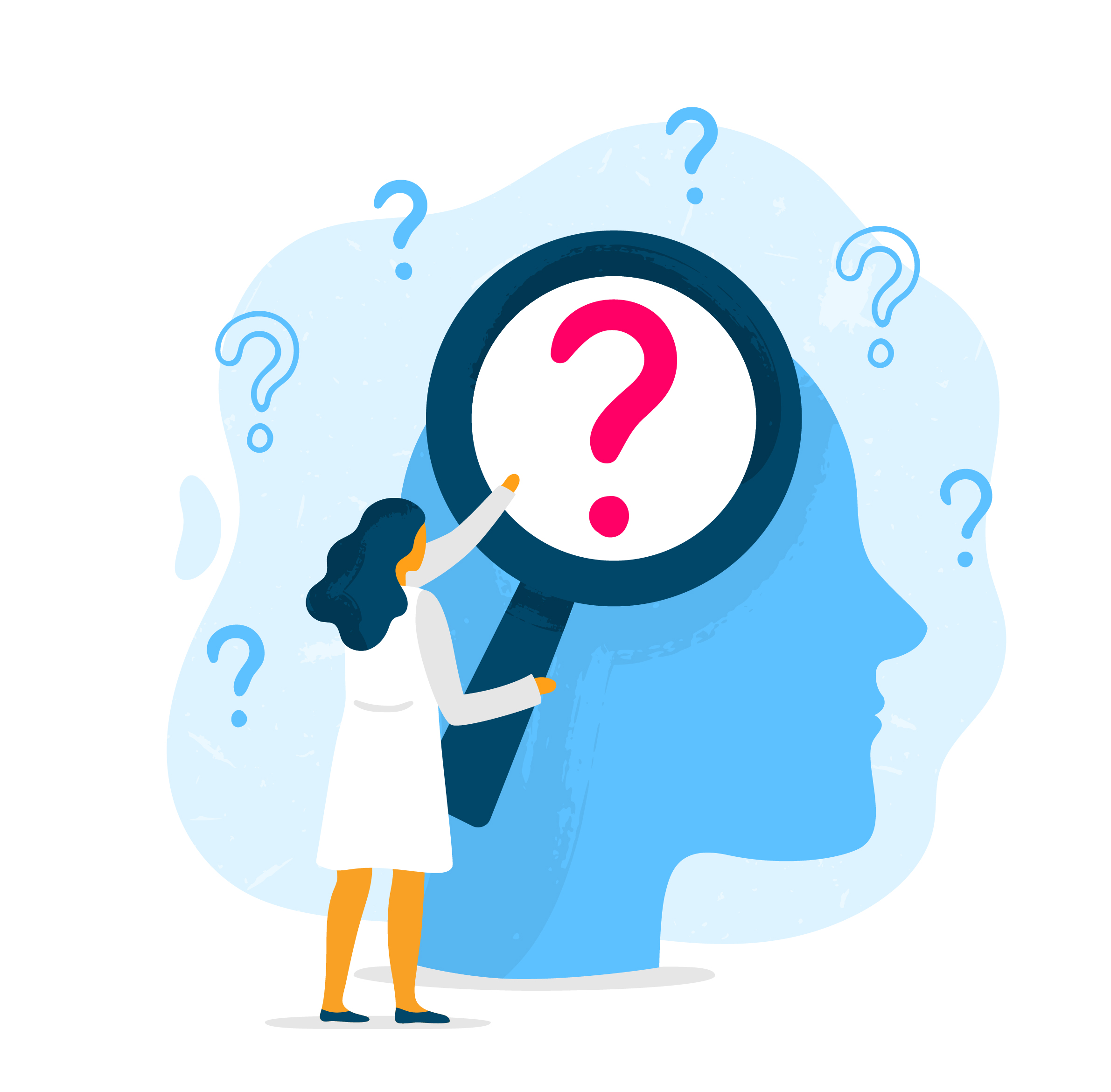
May 22, 2023
Michael Treanor, PhD
and
In this 2-hour webinar, Dr. Treanor presents the updated model for optimizing exposure therapy in the context of associative learning. In the updated model, the term “inhibitory learning” is replaced with “inhibitory retrieval.”
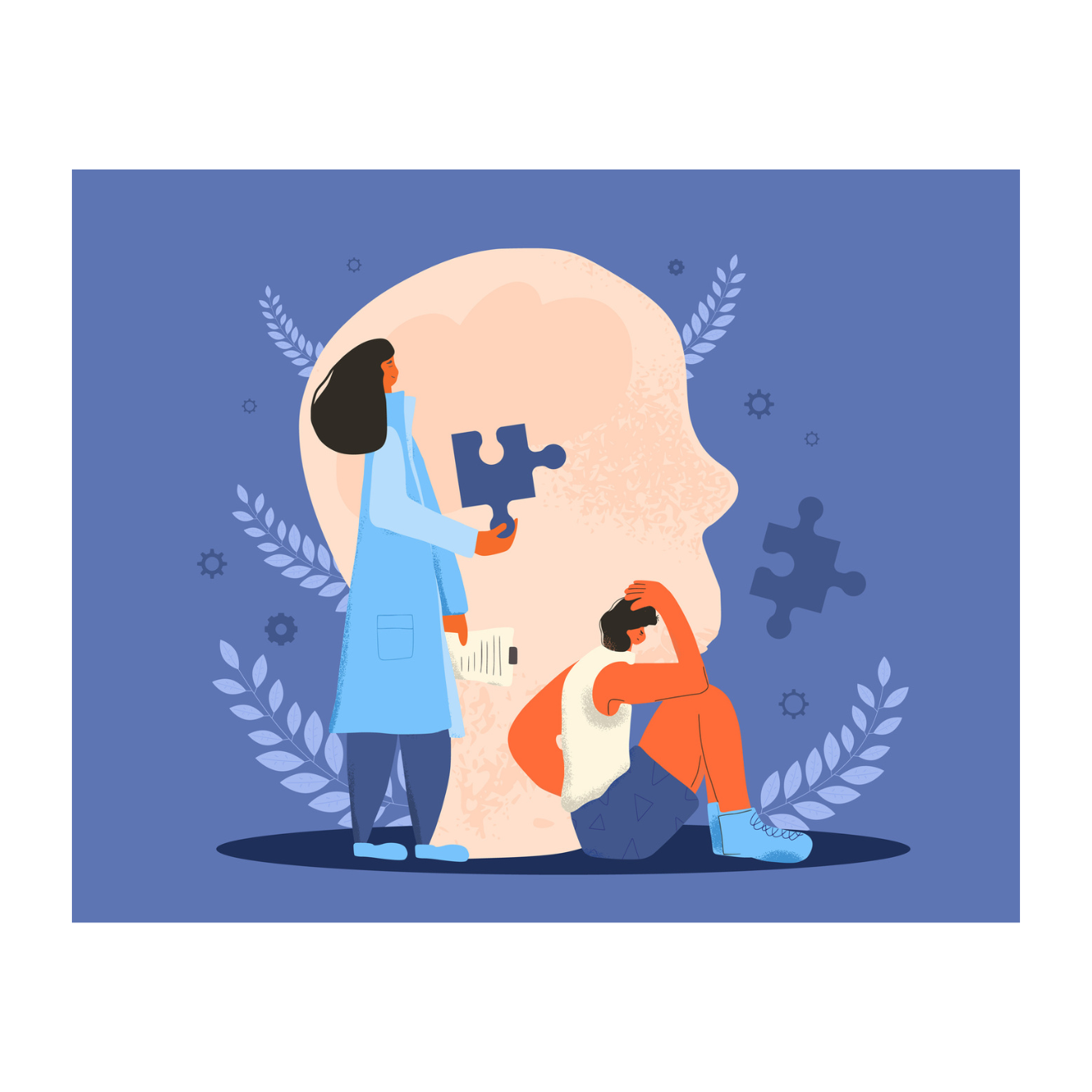
March 1, 2023
Karen Cassiday, PhD, ACT
and
Beth Salcedo, MD
and
Krystal M. Lewis, PhD - ADAA Board Member
and
The Myth of “Having it All:” Finding your Work-Life Rhythm for Female- and Women-Identified Mental Health Care Professionals

